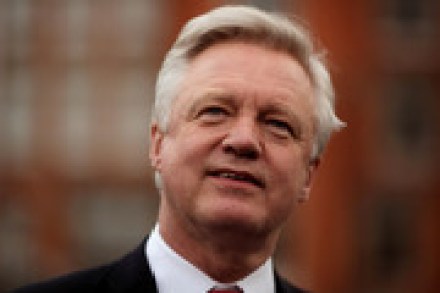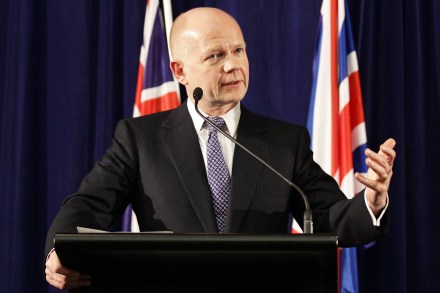The coalition needs to address bonuses
Much ado about bankers’ bonuses this afternoon. Tim Montgomerie reports that the proposed banking deal has run aground in Whitehall. The timing is inconvenient: Cameron and Clegg are due to fly to Davos to attend the World Economic Forum. The government hopes to allay public resentment by coercing banks into increasing their lending; which is also a crucial part of its nascent growth strategy. It adds to the impression that the government is failing to make progress in any other realm than cuts. For the time being, Tory spinners are content to distract attention by telling anyone that will listen about Ed Balls’ record on bank regulation and boundless enthusiasm


















